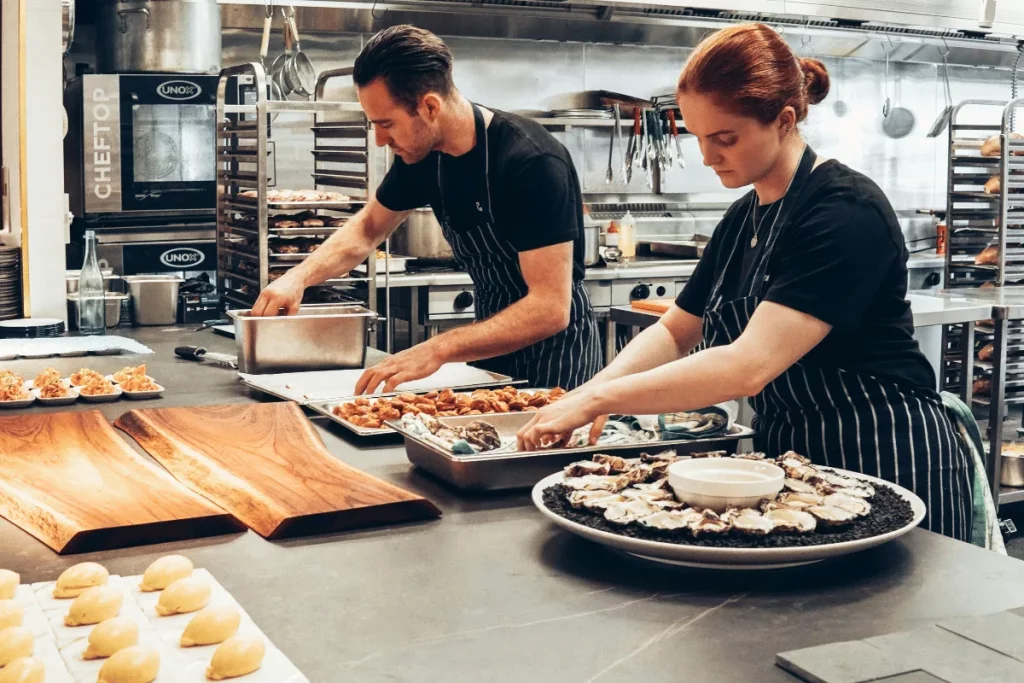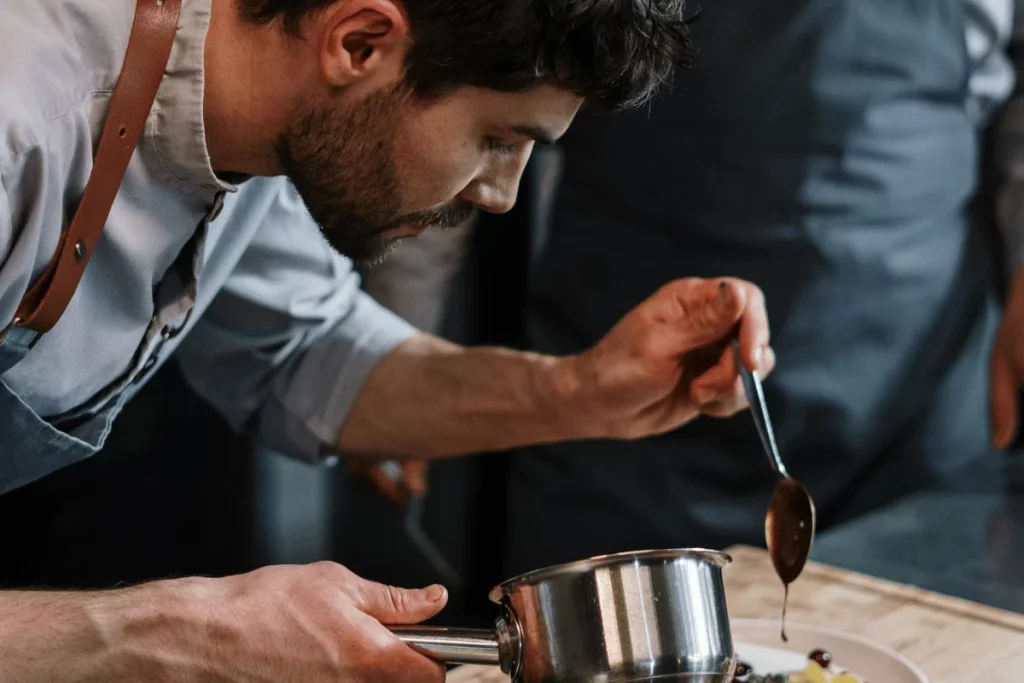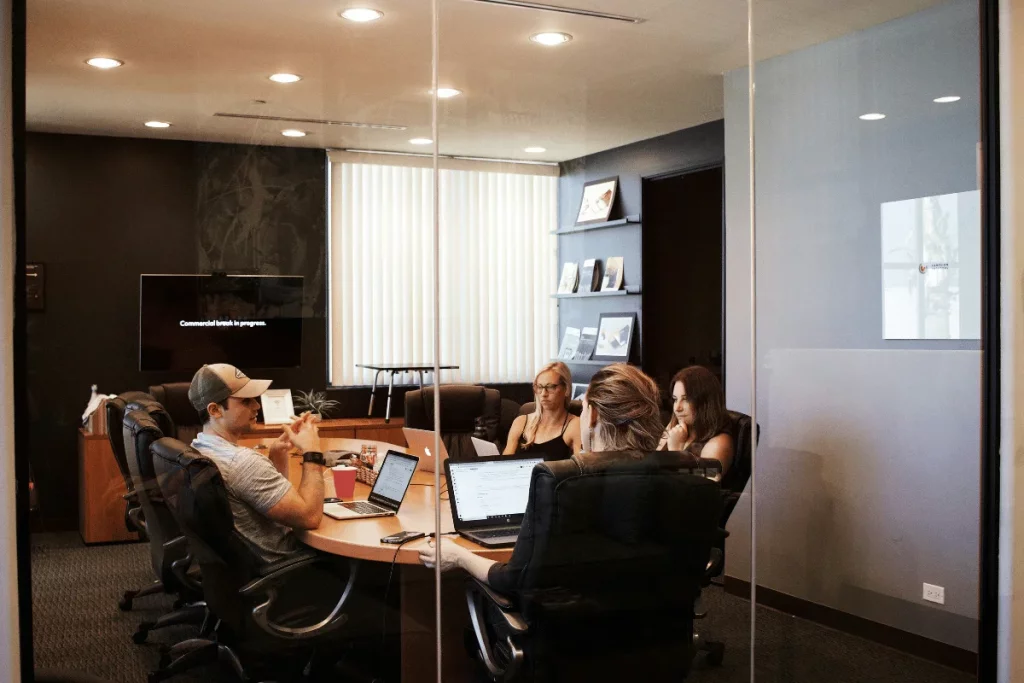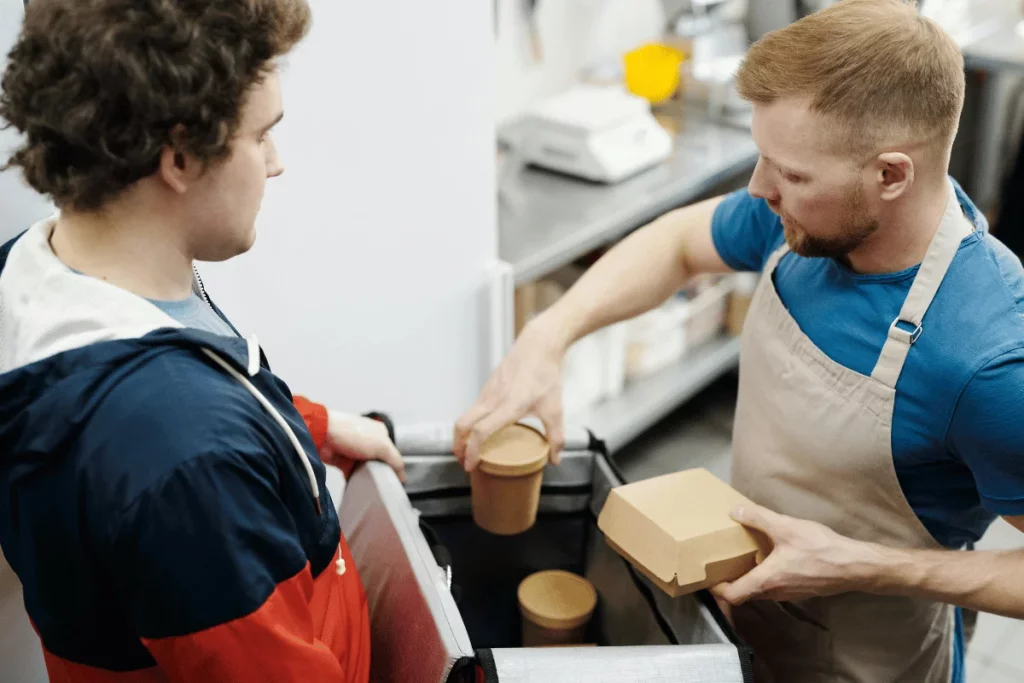Get a Free Business Valuation
Instant results | Trusted by 30,000+ Owners
Start Now →Valuing a restaurant business can be daunting, given that the industry is highly volatile in terms of operational costs and profits. You may have these and other burning questions:
The good news is that with the proper knowledge and team, valuing and selling your restaurant doesn't have to be complicated.
In this guide, we'll answer these questions and show you how to value a restaurant so you know how much you can sell it for when the time comes.
Let's get to it right away.

Here's a breakdown of how to value a restaurant business in eight steps:
Working these steps independently can be tasking. We recommend hiring M&A experts to help you with the business valuation and sale.
When you work with us at Exitwise, we help you hire the best M&A professionals in the industry to accurately value your restaurant.
These experts include financial accountants, investment bankers, and M&A attorneys, all ready to help you sell faster and at the best possible price.
Consult with us at Exitwise today to maximize your restaurant’s exit value.

Besides hiring valuation and business sales experts, combining different valuation methods is an excellent practice to consider.
Let's check out some common methods for valuing a restaurant:
With the SDE method, you consider the total financial benefit you enjoy from the business as the owner or owner-operator. You'll want to consider benefits such as salary, personal expenses, bonuses, and more.
The SDE method is both intrinsic (seller's discretionary earnings) and extrinsic (market-based SDE multiple).
If your restaurant business is small, especially if it has less than $1M in annual revenue, you can use the SDE multiple method.
The revenue multiple method is ideal if your restaurant's profits are unstable, especially if it is still in the early growth stages.
You can use this option since the restaurant industry sees significant fluctuations in profits and operational costs.
You'll have a simple metric showing your restaurant’s ability to generate sales, which is a better way to showcase its potential if you lack reliable profit data.
Larger restaurants with professional management and annual EBITDA ranges of $2M—$25M can apply the EBITDA multiple method.
The EBITDA method considers profitability and is ideal for businesses with stable profits. You can use the method to see the number of times your business is worth its EBITDA (Earnings Before Interest, Taxes, Depreciation, and Amortization).
Like the revenue and SDE restaurant valuation multiples, the EBITDA multiple is both intrinsic and extrinsic. You have to apply a market-derived multiple to your annual or average annual EBITDA.
The asset-based valuation method is ideal when you don't want to use a restaurant valuation multiple but instead rely on your business's assets and liabilities.
You can use this method if your business has a great deal of physical assets and its worth is tied to the assets.
Also called the comparable analysis method, this option involves comparing your business's value to the values of similar businesses.
You can also consider the recent sale prices of these businesses or how much investors are willing to pay for them.
To get the restaurant valuation right the first time with this method, ensure you compare your business to the right peers. Some key considerations include profitability, location, sales volume, and property dynamics.
We will explore how to use some of these methods to determine the value of your business in one of the following sections.

Restaurant valuations do not happen in a vacuum. They depend on various factors that may raise or lower how much your business sells for.
Below are some significant factors that can influence how much your restaurant is worth:

Let's dive deeper into the steps to follow to value your restaurant accurately:
Review your restaurant's tax records, income statements, and balance sheets for the last 3-5 years to assess its financial health, liquidity, and profitability.
You'll have to calculate financial metrics such as profit margins, cash flows, and revenue per seat or square foot.
If the performance has been on an upward trend, it might be the right time to sell your business.
Your business's value can increase if it is performing well financially. Competition between buyers for a financially healthy business can push its value upwards.
Review your sources of business income. In this case, the main source will be the sale of food and other restaurant amenities to in-person customers.
However, you may have other streams, such as online orders and deliveries, hosted events, branded merchandise, cooking classes, or meal subscription boxes.
Diverse revenue streams can boost your business's value, as the risks of devastating revenue loss are lower if one source fails.
Determine the quality and market value of all your business assets and liabilities.
Account for tangible assets such as furniture, equipment, real estate (if you own the premises), inventory, and any business vehicles.
Additionally, consider intangible assets like brand, proprietary software, reputation, vendor relationships, and intellectual property.
Finally, evaluate all your business liabilities, including short-term and long-term debt, workers’ compensation, accounts payable, and pending repairs.
Research the general and local market to understand current trends and how they might affect the value of your restaurant.
Positive trends and a thriving economy can be indicators that it's the right time to sell, and your business could even command a higher valuation.

As with other service businesses, a large base of loyal customers pushes the valuation higher. Check how many customers you serve across different durations.
If you have scores of repeat customers, you can secure a higher valuation because this assures potential buyers that your business can sustain its current revenue streams and cash flows.
If you run a single business location, it might seem like your growth prospects are limited. However, you can expand your service and product offerings to promote growth.
Ideally, there should be some room for improvement and greater growth for the new owner.
Your restaurant's value could decrease if you've already reached the peak and plateaued, with no growth prospects even if the new owner injects additional resources.
Use a combination of appropriate valuation methods to determine your restaurant's value. You can come up with a single figure or a range.
Here are some examples based on different methods:
Restaurant Value = Average Annual SDE x Multiple
= $200,000 x 2.96 = $592,000
Restaurant Value = Average Annual Revenue x Multiple
= $735,000 x 4.47 = $3,285,450
Restaurant Value = Annual EBITDA x Multiple
= $2,050,000 x 7.3 = $14,965,000
Ideally, you'll want to average your valuations and analyze them to come up with a reasonable final value.
You should also use market comparables as a benchmark. For example, if restaurants like yours are valued within a certain range, your business's value is most likely within that range as well.
Check out our free online business valuation calculator to evaluate your restaurant in real-time based on its revenue and EBITDA.
Once you have completed the evaluation and calculations, write a detailed and objective business valuation report outlining the criteria and results.
Explain any disclaimers or justifications for the process and results to be transparent and to gain the trust of your potential buyers.
As mentioned earlier, you don't have to do the valuation yourself.
We believe the best decision you can make when selling your business is to hire industry-specific M&A experts to help you value and sell at the most favorable price.
Let our Exitwise team connect you with the best M&A experts in the industry to smoothen your restaurant sale.

Proper preparation can help you maximize the value of your business.
Here are some actions to consider:

Below are common mistakes to avoid when valuing your restaurant:

Let's close the discussion with some questions about valuing and selling a restaurant business:
There's no single best method for valuing a restaurant. The suitability of each method depends on several factors, such as the business size, financial performance, and more.
For example, the EBITDA multiple method is better for larger restaurants with full-fledged professional management and stable profits. The SDE method is ideal for smaller restaurants, especially those run by the owner or where the owner is heavily involved.
Yes, you'll need professional help to value your restaurant.
At Exitwise, we believe every business valuation is best done by professionals to ensure better accuracy and objectivity.
You should have the following financial statements when valuing your restaurant:
Ensure you can secure these for the current year and the last 3-5 years, if possible.
Now, you know how to value a restaurant business in a few easy steps. We have explored common valuation methods based on different financial metrics and market comparables.
However, the best way to maintain objectivity and high levels of accuracy in the valuation is to work with M&A experts.
At Exitwise, we connect you with the best M&A experts in your industry, including investment bankers, financial accountants, and M&A attorneys.
Reach out to us today for an accurate valuation and optimal exit.
Let Exitwise introduce, hire and manage the best, industry specialized, investment bankers, M&A attorneys, tax accountants and other M&A advisors to help you maximize the sale of your business.

